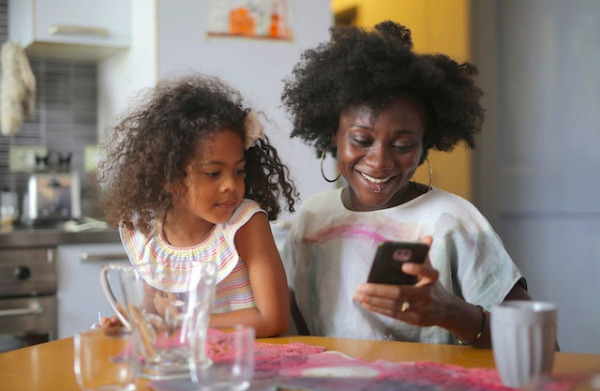China Regulating Generative AI Use
Chinese regulators have released draft rules designed to manage how companies develop generative artificial intelligence products like ChatGPT.
The CAC's (Cyberspace Administration of China) draft measures lay out ground rules that generative AI services have to follow, including the type of content these products are allowed to generate.
One rule is that content generated by AI needs to reflect the core values of socialism and should not subvert state power. The rules are the first of their kind in the country. China is not the only country concerned with the development of generative AI. Italy banned ChatGPT in March citing privacy concerns.
Chinese technology giants Baidu and Alibaba have launched their own ChatGPT-type applications. Alibaba unveiled Tongyi Qianwen and Baidu launched its Ernie Bot.
Though some people fear AI, others will fear restrictions and rules governing tech development. I am cautious on both of those issues but some of the CAC rules seem reasonable. For example, requiring that the data being used to train these AI models will not discriminate against people based on things like ethnicity, race, and gender,
These measures are scheduled to come into effect later this year. China already has regulations around data protection and algorithm development.
 So far, the biggest AI story of 2023 - at least in the education world - is ChatGPT. Chances are you have heard of it. If you have been under a rock or buried under papers you have to grade, ChatGPT is Chat Generative Pre-trained Transformer. ChatGPT is the newest iteration of the chatbot that was launched by OpenAI in late 2022.
So far, the biggest AI story of 2023 - at least in the education world - is ChatGPT. Chances are you have heard of it. If you have been under a rock or buried under papers you have to grade, ChatGPT is Chat Generative Pre-trained Transformer. ChatGPT is the newest iteration of the chatbot that was launched by OpenAI in late 2022.
